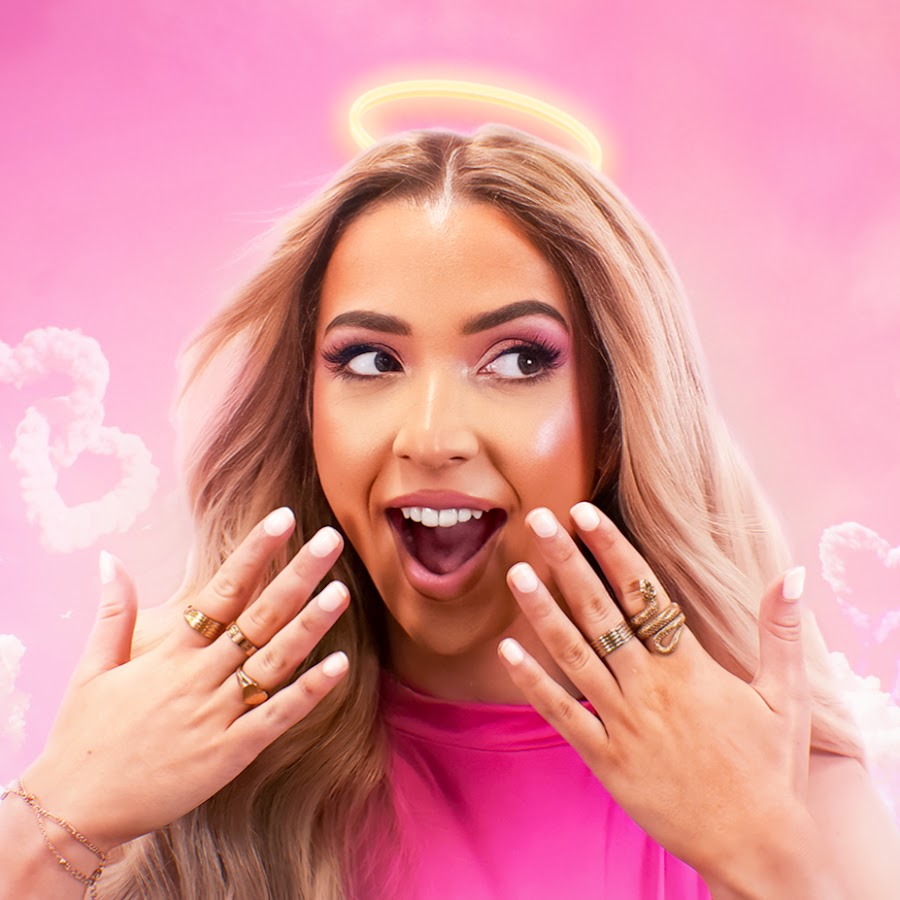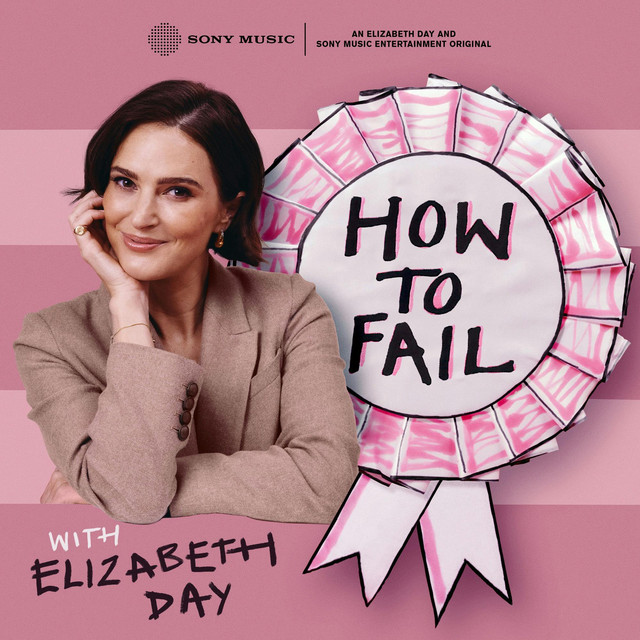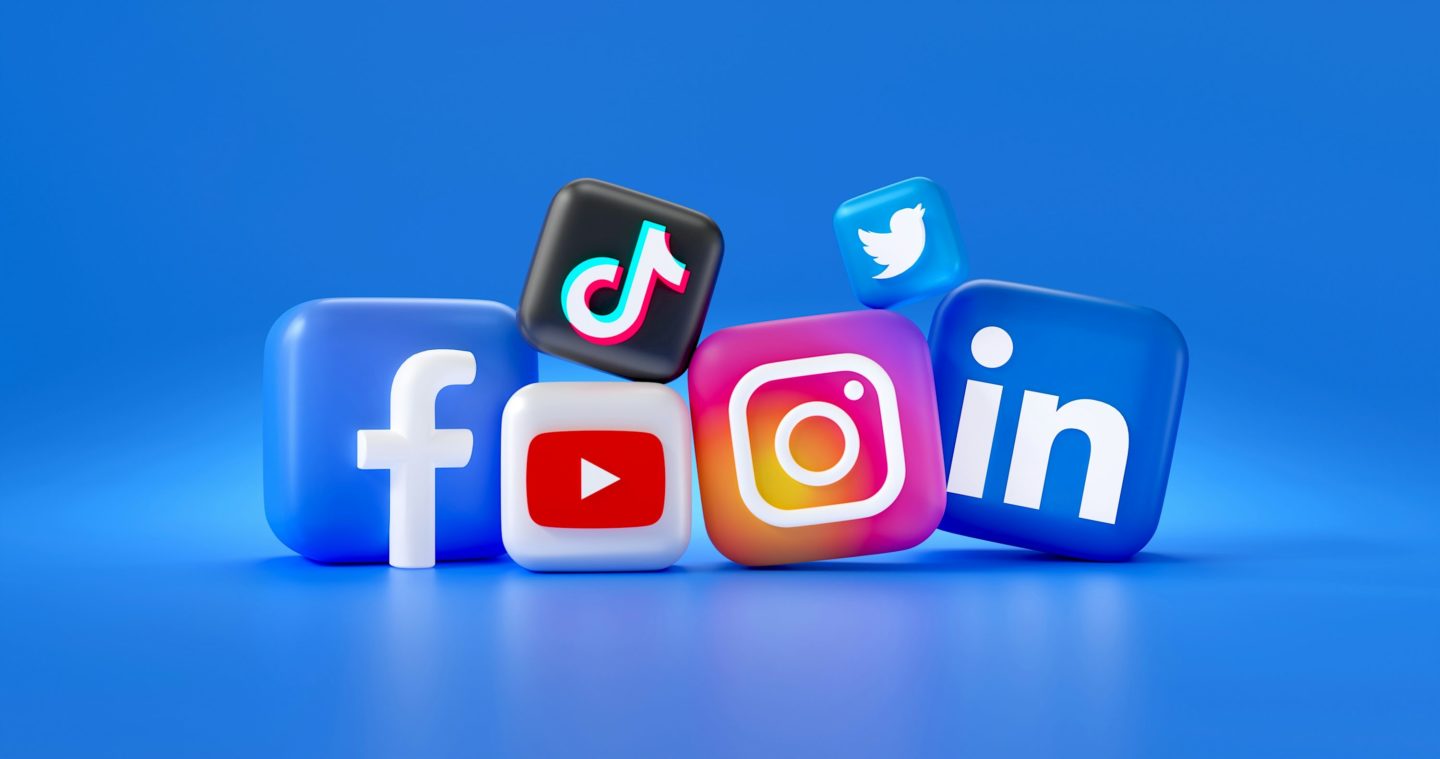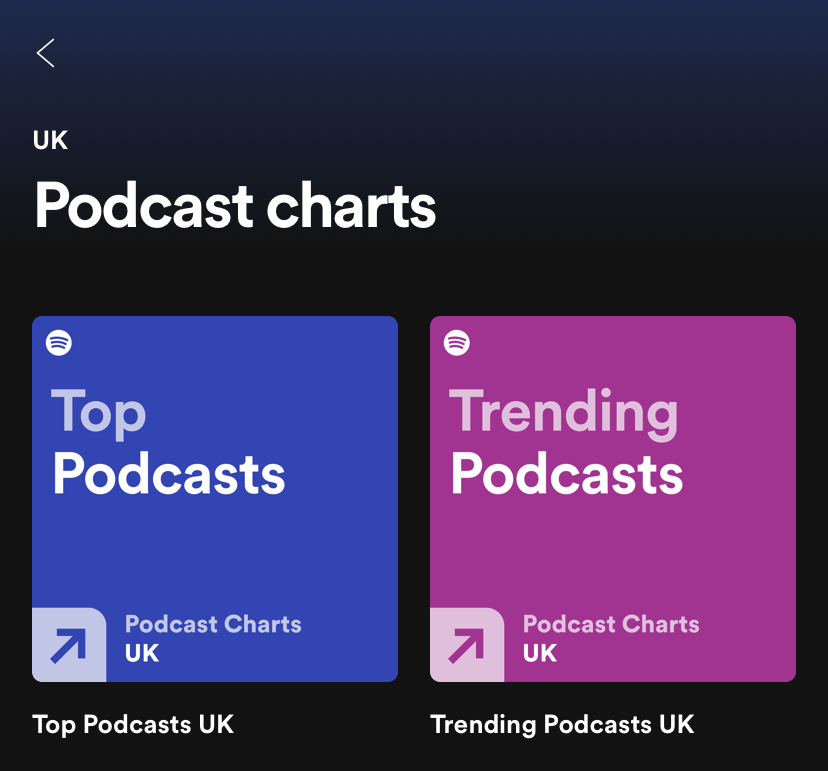By Jon O'Donnell
Viral Tribe began life in 2021 as a starry-eyed podcast company focussed on helping talent navigate a path to creative and commercial growth. Like most businesses, it’s been through a fair few iterations, and no doubt there are a few more to come.
During that time, I’ve learned a lot of lessons the hard way about what works and what doesn’t. Painful. But there’s one realisation that stands out, and it’s not an easy one to take: –
Podcasting doesn’t want you to win.
It’s not personal. It’s structural. The industry likes being a flashy velvet-rope nightclub, where newbies stand outside in the rain, whilst the VIP’s slip effortlessly past the clipboard. The chances are your name isn’t on the list…

Why the game is stacked against you
Here’s my hypothesis:
There’s no real discovery mechanism. Unless you’re in a network, there’s no reliable way for new audiences to find you.
Measurement is a mess. There’s no unified, transparent tool, just a patchwork of dashboards and guesswork so it’s difficult for creators and brands to see the full picture.
The charts are opaque. At best they’re confusing; at worst, misleading. And yes…. I know all the smoke about ‘velocity’ and ‘new listeners but come on…as a shop window for brands to see who’s doing well, it’s not great.
For the biggest players, podcasting is a side hustle. For all the major players (Apple, Spotify, Google, Amazon) this isn’t their main bet. The platforms inevitably favour the few shows that make money, while setting the rules for the many that never will.
Monetisation is a catch 22 scenario. You can’t make meaningful money until you reach scale, but discovery makes reaching that scale near impossible.
Sales structures don’t fit. Sales houses follow the numbers, and agencies are built around neat boxes: audio? video? social? partnerships? The answer is usually all the above but in a tightly-structured, high-pressure media world, that usually means the juice isn’t worth the squeeze.
Up for the fightback? Training starts now.
Well, the good news is that there is a way to win; if the system isn’t built for you, you need to change the system you play in. Here’s what I’ve learned:
1. Start with ‘WHY?’
Every podcast that succeeds has a clear reason for existing.
If it doesn’t you should really ask yourself why you’re doing it in the first place. Podcasts have fast become the new “your pasta was amazing, you should open a restaurant!” trope. Not everything should be a podcast, and not everyone should host one.
With that out of the way, what are good reasons for hosting a podcast.
Well, let’s get to the big one – financial. There is significant money to be made in podcasting if you get the ingredients right, so it’s not unreasonable to want a piece of that.

You don’t have to be a Big Name with a massive social footprint to do this either. If you’re a credible known voice in a sector with its own commercial ecosystem (think health, law, finance, travel, etc) then there’s no reason why you can’t make good money here. If you’re not, rethink.
Next up – fame. Starting a podcast to enhance your profile, whether that be for you or a business/ brand is a sound idea. The long form nature of podcasts is great for building close relationships with audiences so a great way to deepen your footprint upwards and outwards.
However, be prepared for some hard work. Start thinking and behaving like a creator. GK Barry went from being a TikToker during covid to becoming one of the most successful podcasters in the UK with her show Saving Grace. No magic; just the right attitude, an idea that spoke to people and a blockbuster work ethic led to her success.
Finally – passion. Having a real desire to go deep into a subject you care about is essential for the success of any show. “How To Fail” by Elizabeth Day is a great example of someone who ardently believed in the re-framing of failure as a positive experience. She was super curious to uncover how that idea of failure as a superpower sat with others. A concept that guests and audiences leant into and it has grown into a hugely successful show. Whether failure, football or history you have to love doing it enough to turn up to the studio on a wet Wednesday in February with the same passion and vigour every week. It’s not a show, it’s a mission.
Conversely amongst the list of poor reasons as to “why” you’d start a podcast, “because everyone is doing one”, or “someone told me I’d make a great one” rank pretty highly.

2. Think digital storytelling, not “podcasting”
Forget the weekly audio drop as “the product”. That should only be a part of the story. The shows that cut through now behave like full blown cross-platform digital publishers:
Sweat the content hard; make it work across multiple platforms in as many ways as possible
Flood the feed with assets; pods, video, shorts, stills, reels, carousels, newsletters, behind-the-scenes.
Build for the platforms where your audience lives.
Treat the main episodes as the start of the content journey, not the end.
This is where Viral Tribe is firmly positioned. We don’t think of ourselves as a podcast production company anymore. We’re a platform-agnostic digital storytelling company.
We execute through audio, video, social, and radio using infrastructure that includes studios, remote records, and street-level activations. Every episode is raw content to build out an ecosystem.
The feed isn’t the product; the feed is the starting point. That’s how you de-risk in a world where podcast discovery is broken: you build discovery into the ecosystem itself.

3. Find brands that will fall in love with what you’re building
For a start, you should stop chasing pre-roll money and take control of your own destiny. Find brands that believe in your tone of voice, values, and community. When a brand falls in love with your why, it doesn’t matter whether the content lives in Spotify, TikTok, YouTube or in front of a live audience. They’ll want to be across it all because of the audience, not the format or the channels.
Make the content arsenal listed in the previous point available for a brand to integrate into and you’ll start to offer genuine value, over simply looking at the audio downloads.
This is not about selling something; this is about building long term meaningful relationships around shared goals. Brands that want to grow with you.
Identify 10 that fit this brief and reach out to them.
4. Focus on community over raw audience numbers
Some of the most successful podcasters don’t have mass reach at all, but they have loyalty. They make more money through membership, merchandise, Patreon, and deeper connections than they ever could from CPM-driven ads. A thousand true fans are worth more than a hundred thousand passive listeners.
Most people think success in podcasting equals mass audience. As. Per the prior point this is wrong. Success is loyalty.
Look at Matt and Shane’s Secret Podcast. Most casual podcast listeners in the UK have never heard of it. But on Patreon it’s one of the biggest shows in the world: over 123,000 paid subscribers and up to $874,000 per month in revenue. They don’t need mainstream discovery because they own their community.
The lesson: a thousand proper fans who’ll pay for membership, merchandise, or bonus content are worth far more than a hundred thousand passive listeners who basically skip your ads anyway.
Time to put the game plan to work
So, hopefully you’re now toned, trained and raring to go. Podcasting Inc sets you up to fail if you play the industry’s game. But you don’t have to.
Know your why, and put the work in.
Don’t make a podcast, create stories that live everywhere.
Align with brands who love what you stand for.
Build communities, not just audiences.
If you stop thinking like a podcaster and start thinking like a platform-agnostic storyteller, you will de-risk the game. Stop waiting for Big Podcasting to open the velvet rope, and instead, start building your own club.
